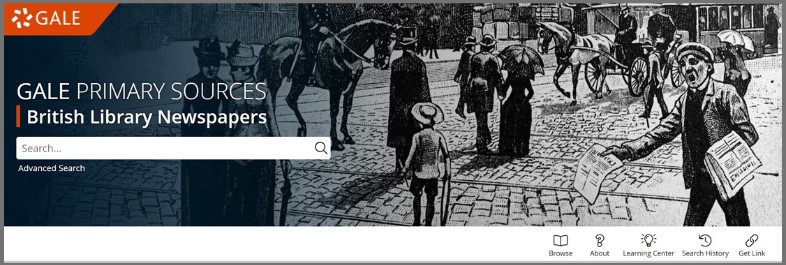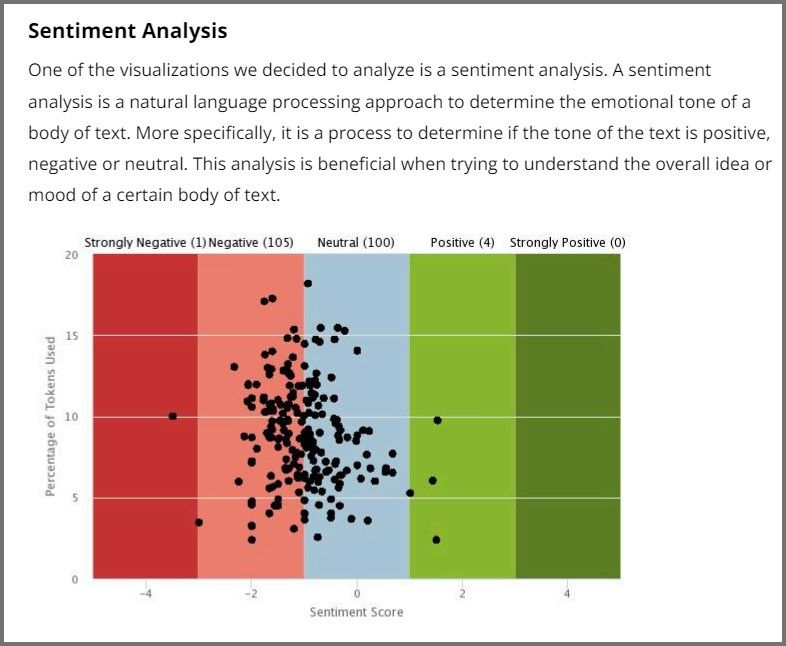│By Chris Houghton, Head of Academic Partnerships│
The Gale Fellowship program is now in its third year of providing financial support, training, archival access and professional opportunities for scholars around the world. In 2022, Gale developed its Fellowship program to provide opportunities for scholars in Asia and Australasia to apply for full funding for a three-month residential stay at Oxford University, in partnership with the Bodleian Library.
Successful applicants to the Gale Scholar Asia Pacific, Digital Humanities Oxford Fellowship are guests at Jesus College and given full access to the vast resources of the Bodleian. Alongside this, the Fellows are provided with extensive training and support from Gale in Gale Primary Sources and Gale Digital Scholar Lab to aid their professional development in digital humanities research methods.
Scholarly Opportunities
Alongside the residential Fellowships at Oxford, Gale funds ten non-residential fellowships every year in partnership with various scholarly societies or organisations around the world. The aims are the same across all the Fellowships: to give scholarly opportunities to academics who might otherwise struggle to access certain collections; to support and encourage innovative research; and to provide a wider audience for their work.
Gale is always mindful of its responsibilities to the global academic community. In an era of increasing academic precarity and challenges for the Arts and Humanities around the world, Gale has been proud to sponsor academic conferences and events, funding prizes and advocating widely for the value of humanities education.

Since Covid, access to physical archives has become more of a challenge, with visits costing scholars many thousands of dollars, if access is available at all. Naturally, these challenges are more acute the further a scholar lives from the archives they want to access, hence the focus on Asian and Australasian academics for the Gale/Oxford Fellowships. Gale’s aim is to support the growing focus for collaboration between scholars around the world, especially increasing the opportunities for partnerships between the Global North and Global South.
Currently, Gale are excited to support Professor Chou Wu from Beijing Normal University in her work to visualise the Global Communication of Knowledge of the Jesuits in the 16th and 17th centuries, and Professor Paul Pickering from Australian National University in his research into Australia’s Empire. Professors Wu and Pickering will be presenting their work alongside other visiting Oxford scholars in a lunchtime workshop on Wednesday 17th July.
Non-Residential Fellowships
Every year, Gale funds the research of ten scholars and provides access to a suite of Gale Primary Sources archives and Gale Digital Scholar Lab. These fellowships are organised in partnership with various scholarly societies or academic organisations:
- The American Society for Eighteenth Century Studies and Committee on LGBT History in 2022
- North American Committee on British Studies and Association of Asian Studies in 2023
- American Society for Environmental History, Society for Historians of American Foreign Relations and European Society for Environmental Historians in 2024.

The goal of these fellowships is to support early career researchers by funding their research and providing opportunities for professional development, particularly in digital humanities (DH). Fellows have a range of DH experience, but all are given full training and support throughout their tenure to enable them to use Gale Digital Scholar Lab to make discoveries in the archives and to expand the scope of their research.
Templates for Successful Research
Once a Fellowship term comes to an end, all Fellows contribute to case studies of their work. These case studies provide crucial templates for other researchers, especially in the area of digital humanities where there are numerous scholars who would like to incorporate DH methods but appreciate examples of successful projects from which they can learn.

With the release in March of Gale Research Showcase and the associated Gale Digital Scholar Lab: Projects functionality, all Fellows will also have the opportunity to publish their research in a peer-reviewed, open environment where future scholars can learn from and replicate their methodology.
An Ongoing Conversation
Involvement with the Gale Fellows doesn’t stop once the Fellowship tenure ends. Gale provides opportunities for the Fellows to discuss their work in podcasts, workshops, webinars and conference papers. In each of the annual events for each Fellowship association, Gale has sponsored a panel for all the Fellows to present their work alongside their experiences as a Gale Fellow.
Gale places real value on building and sustaining these relationships. As well as the professional visibility afforded by speaking or publication opportunities, Gale Fellows have contributed to ongoing product development and been members of Gale’s User Engagement Group, providing crucial feedback to develop and improve Gale platforms and products.
A Two-way Relationship
Gale are proud to support scholars from around the world to develop their research and professional skills. Showcasing and promoting research using Gale Primary Sources and Gale Digital Scholar Lab provides crucial context for new users to these platforms and increases the likelihood of them having good experiences within them.
Simultaneously, it is incredibly valuable to Gale to train, support, observe, interview and collaborate with scholars from a diverse range of backgrounds and experiences. The research projects that emerge from the Fellowships inform how Gale presents and develops its own products with the end user in mind. This kind of user-centred approach is vital to Gale as we endeavour to build products and platforms that satisfy and delight users from around the world and support the crucial work of the Arts and Humanities, especially in an uncertain time for many institutions.
If you enjoyed reading about the Gale Fellowship Program check out these posts:
- Building Projects in Gale Digital Scholar Lab
- Delivering Impact – Launching Gale Research Showcase and Gale Digital Scholar Lab: Projects
- King Tut and Digital Humanities: A Pedagogical Case Study
Cover image: ASECS-Gale Fellows and CLGBTH-Gale Fellows


